SSC Tuatara Sets Record for World’s Fastest Production Car at 316 MPH
Absolutely insane.
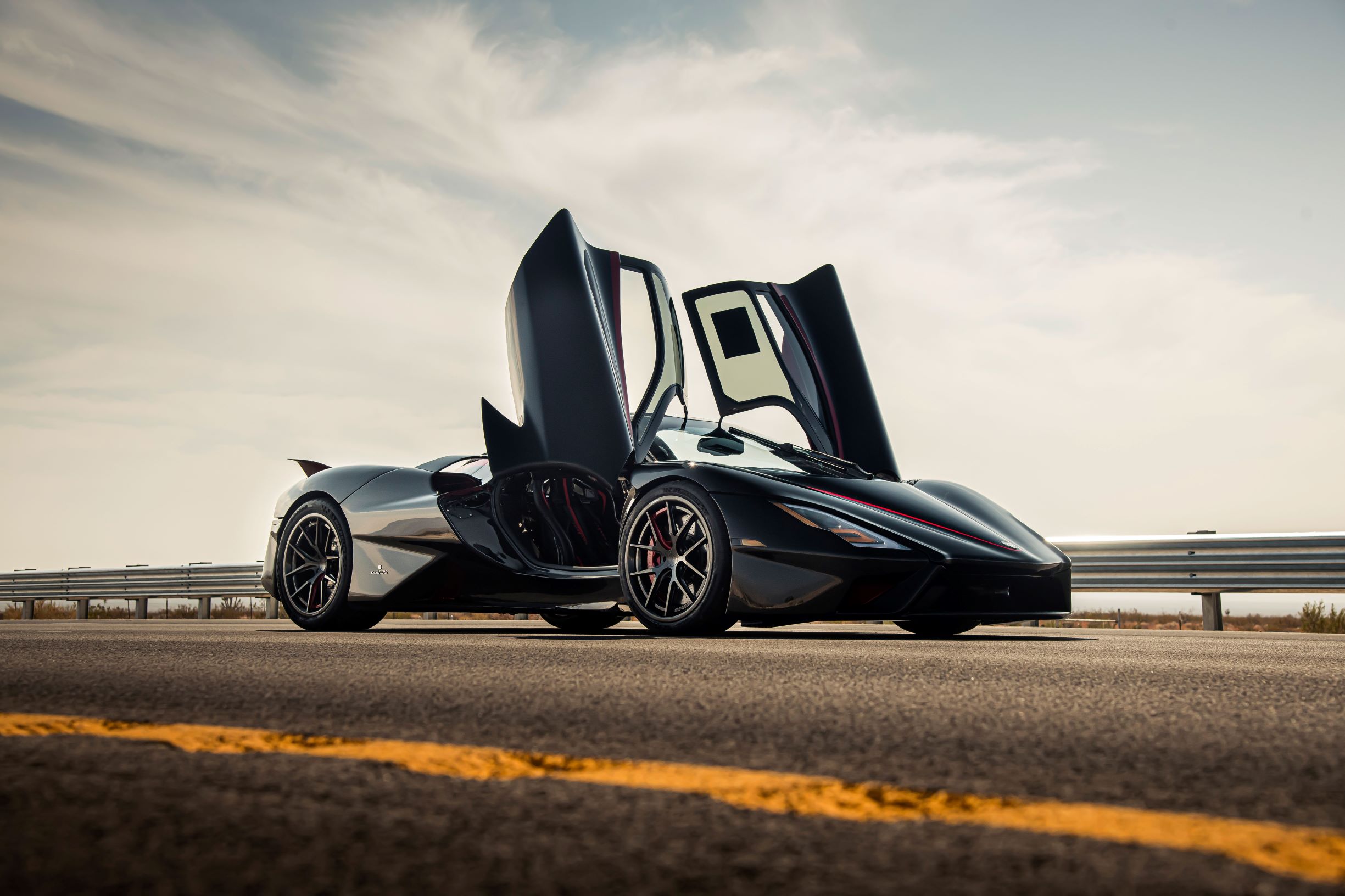
The SSC Tuatara has fulfilled promises of record-setting performance by becoming the world’s fastest production car.
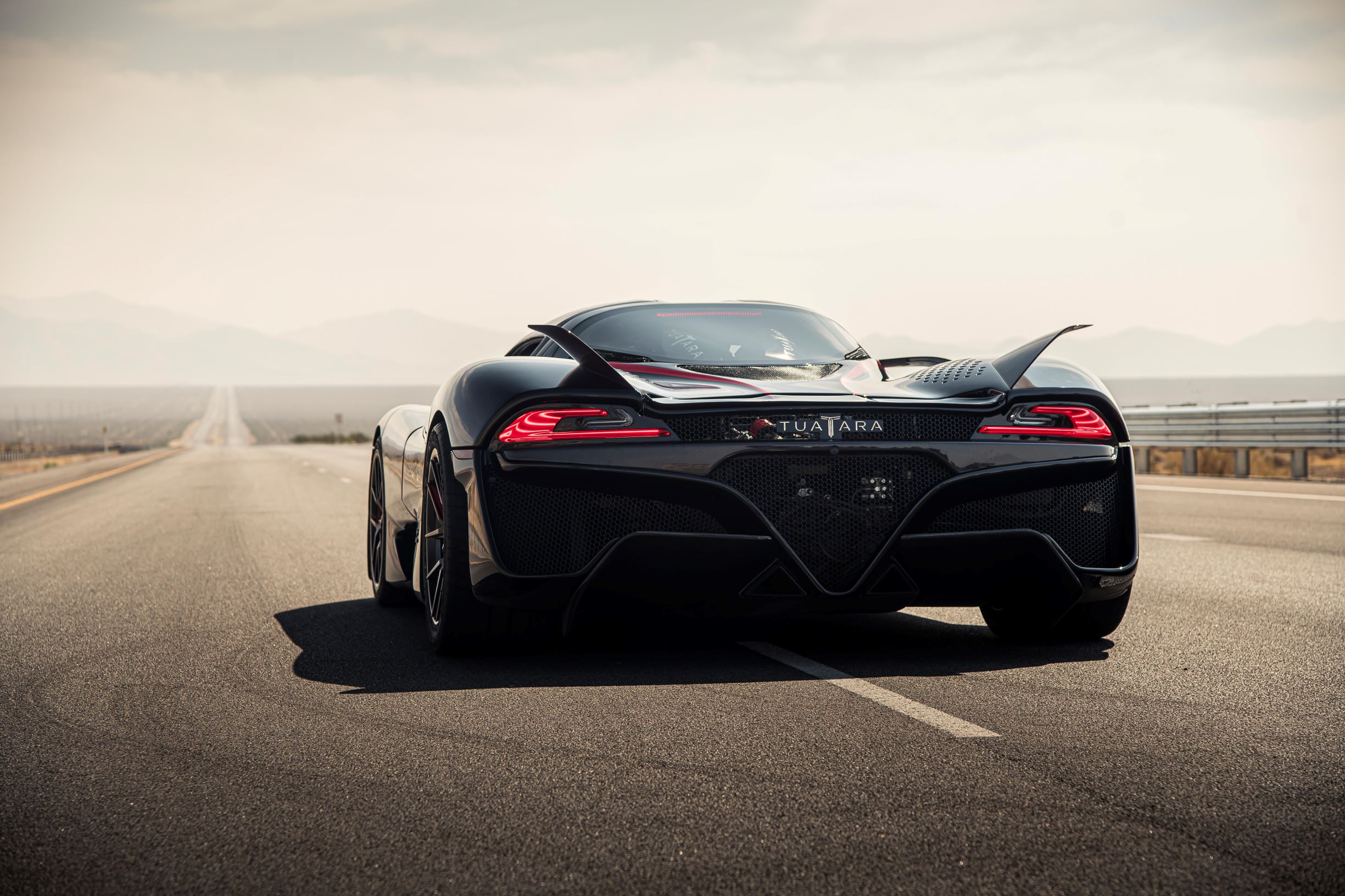
With British racing driver Oliver Webb at the wheel, the all-American hypercar clocked a speed of 316.11 mph on a seven-mile stretch of highway near Pahrump, Nevada. That figure is the average of two speeds recorded in opposite directions within the same hour to account for road grade and wind: 301.07 mph and 331.5 mph, the highest speed ever achieved on a public road.
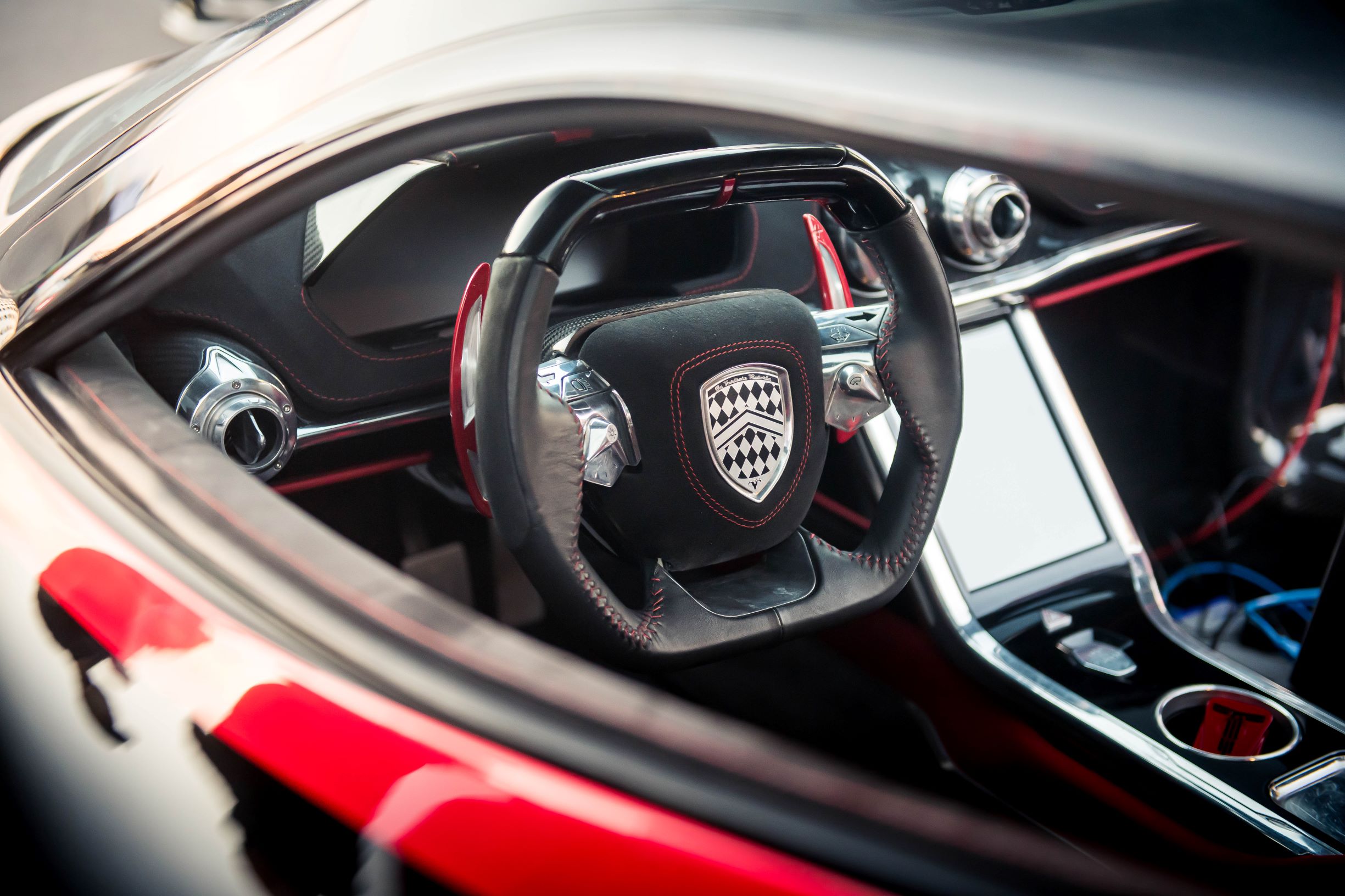
In accordance with world speed record criteria, the Tuatara had to be identical to a model that a customer would purchase, wear street tires and run on non-race fuel. Officials were on site to verify Dewetron GPS measurements, which tracked the speed runs using an average of 15 satellites.
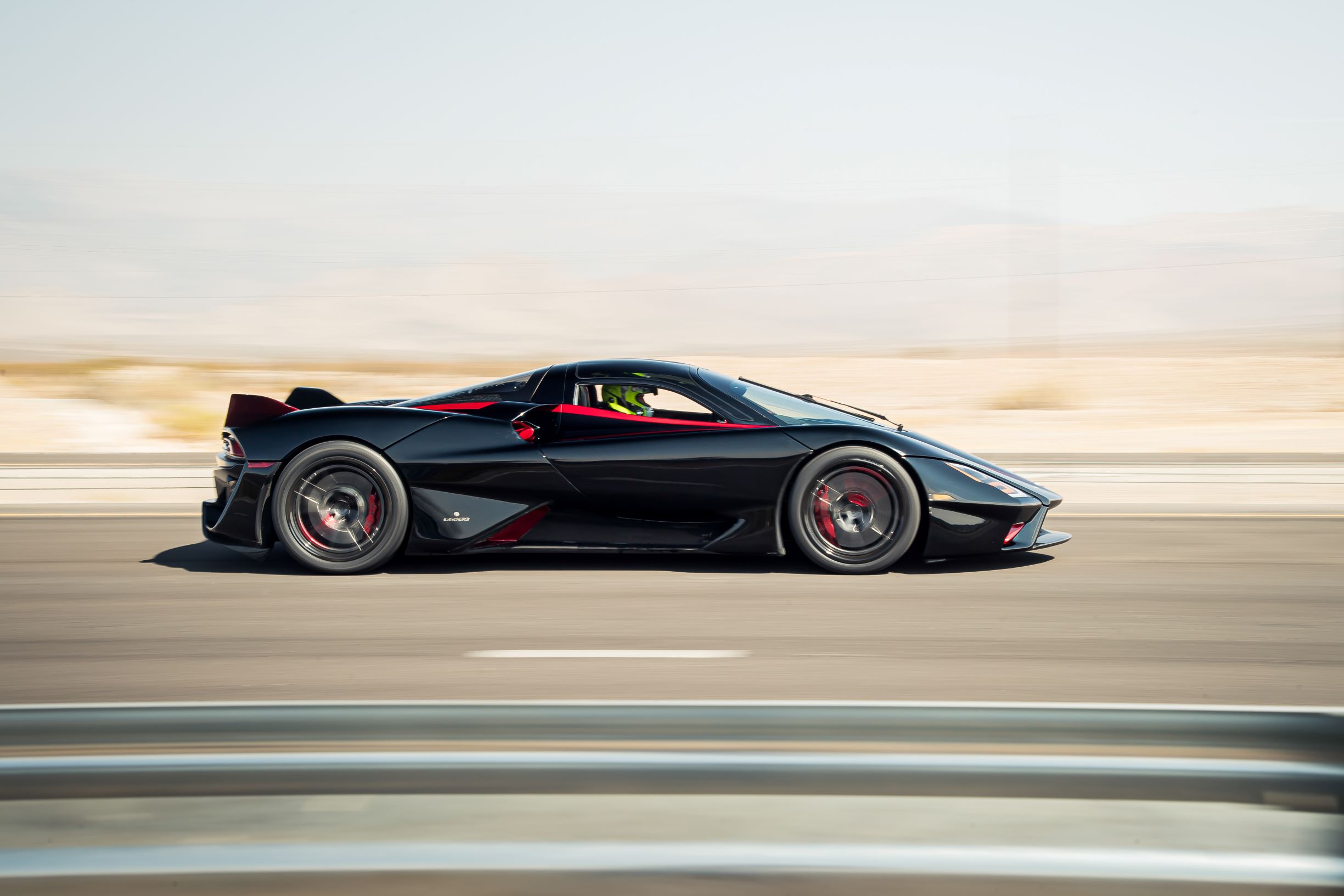
The Tuatara is powered by SSC’s own twin-turbocharged 5.9-liter V8 producing an incredible 1,750 hp when fueled with E85 and 1,350 hp while running on 91 octane. A CIMA seven-speed transmission capable of sub-100 millisecond shift transfers the output to the rear wheels.
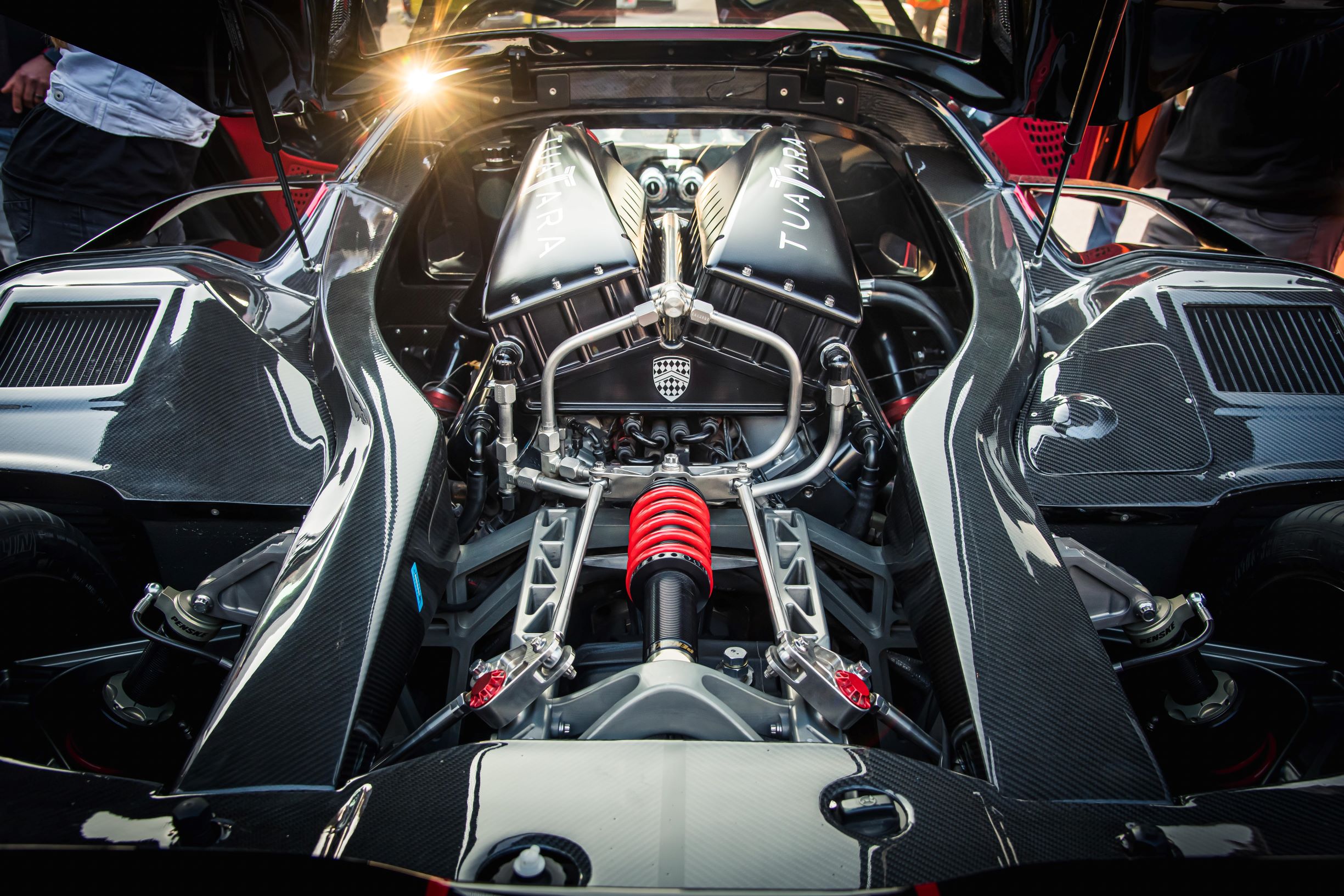
This isn’t the Richland, Washington-based exotic car maker’s first record. Car and Driver notes that the SCC Ultimate Aero previously hit 256.18 mph in 2007, usurping the Bugatti Veyron. Speaking of, the Tuatara also bested the Bugatti Chiron Super Sport 300+, which became the first production vehicle to break the 300-mph in 2019.
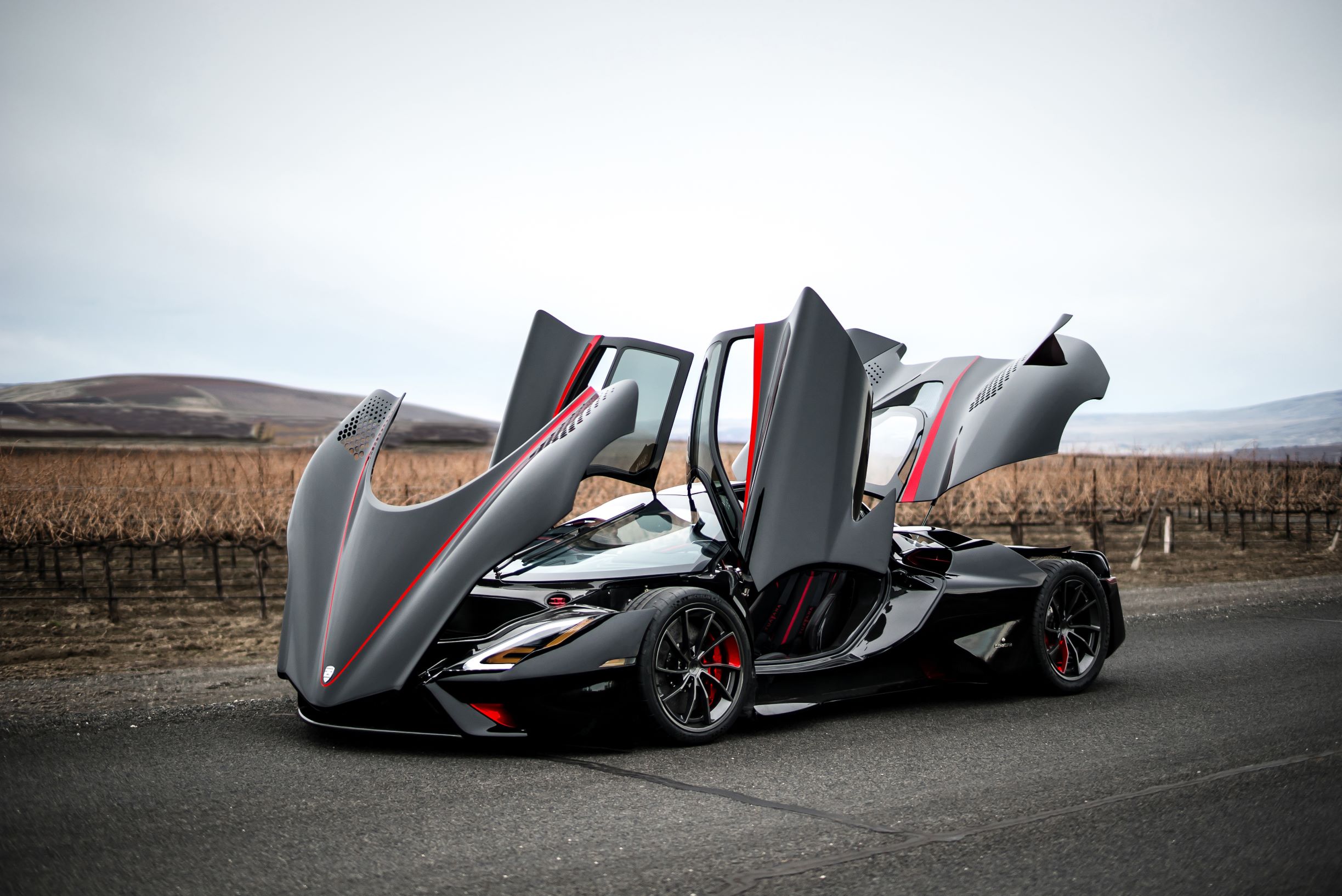
“It’s been ten years since we held this record with our first car, the Ultimate Aero, and the Tuatara is leagues ahead. Its performance reflects the dedication and focus with which we pursued this achievement,” said SCC CEO Jerod Shelby.
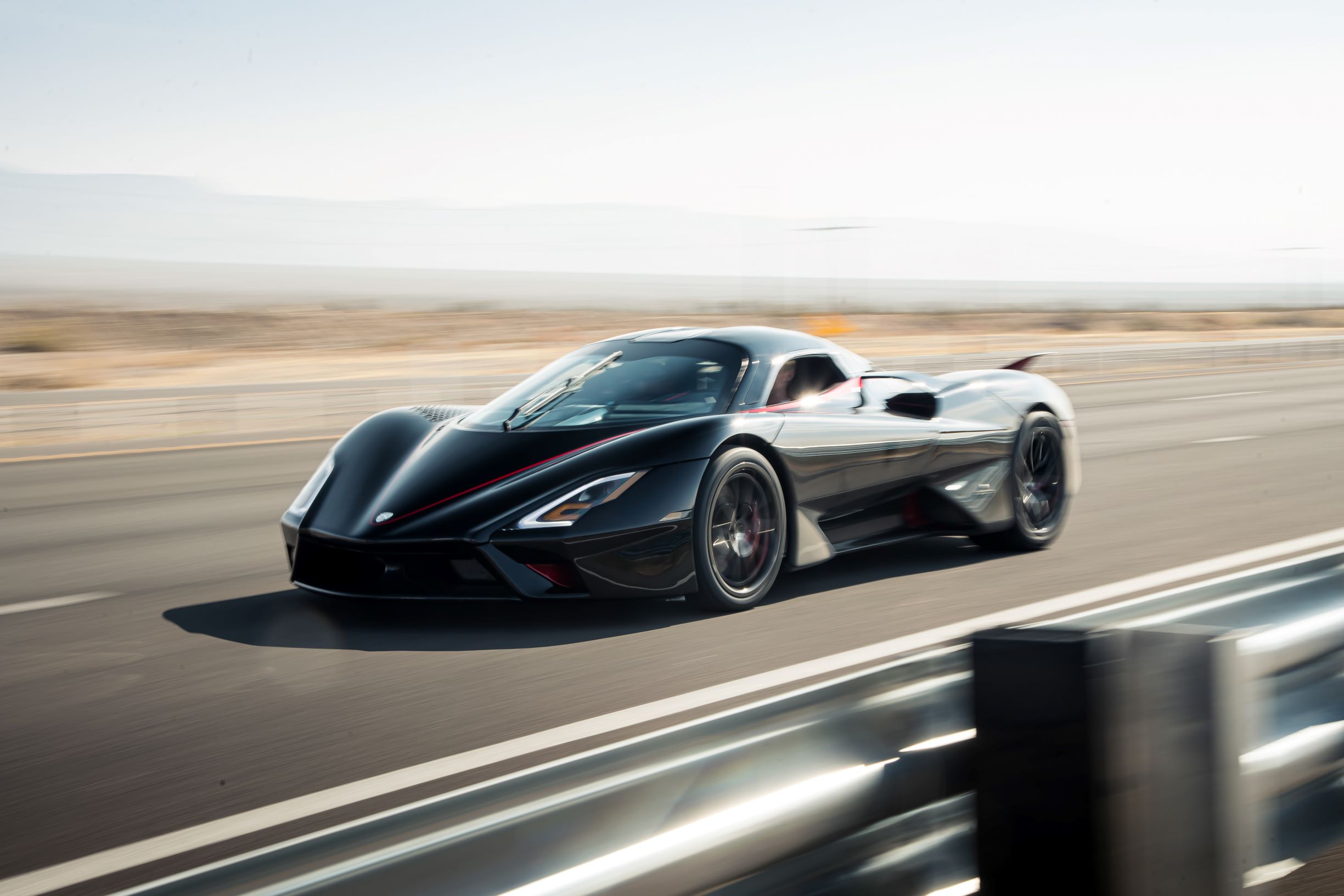
“We came pretty close to meeting the theoretical numbers, which is astonishing to do in a real world setting on a public road. America’s new claim to victory in the ‘land-based space race’ is going to be tough to beat.”
